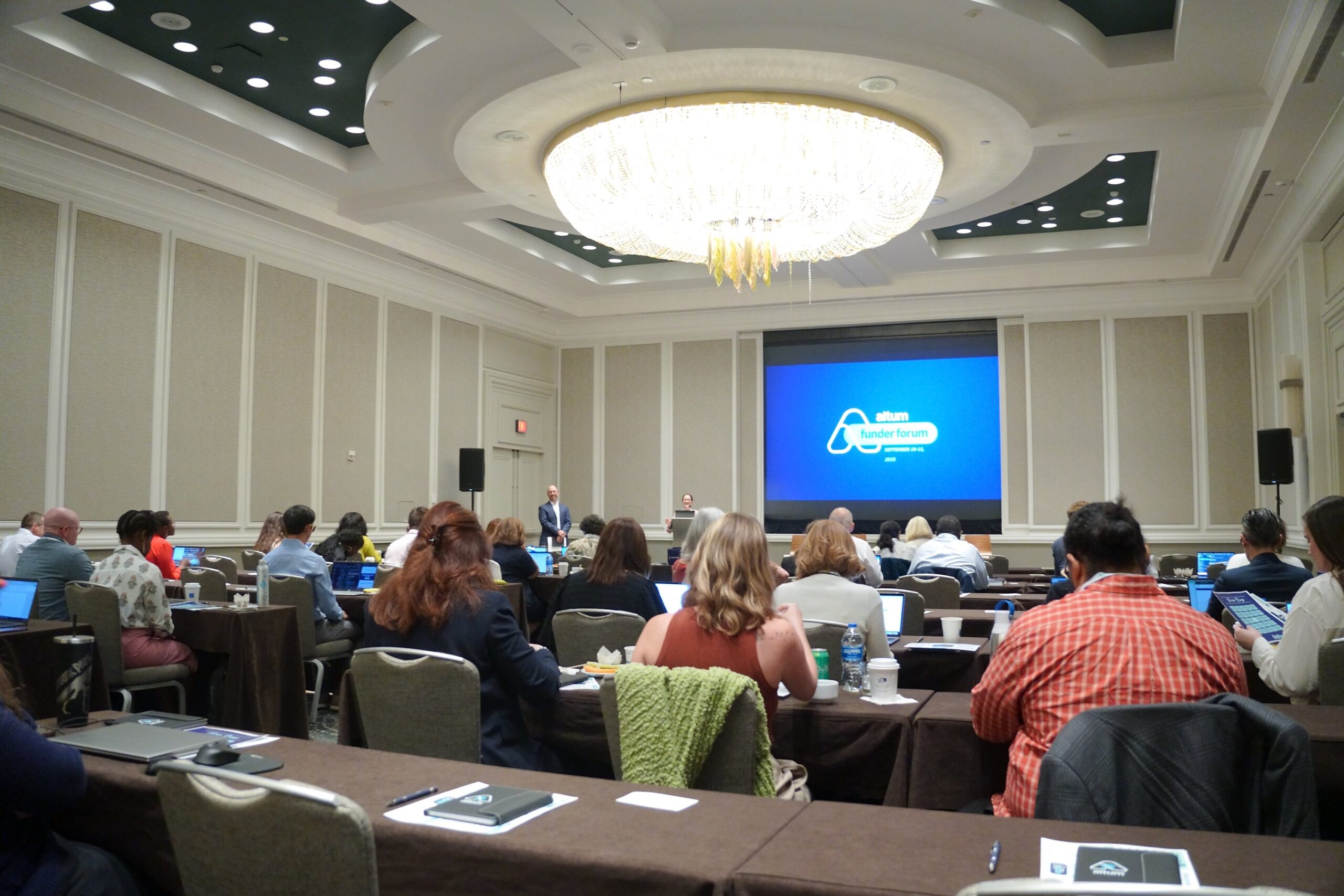Recently, we brought together a select group of leaders in the grantmaking community for an engaging luncheon focused on two pivotal topics: bias in grantmaking and the potential of artificial intelligence (AI) in the peer review process. Here are some of the key insights and discussions that emerged from this enlightening event.
Addressing Bias in Grantmaking
One of the primary challenges facing grantmakers is the issue of bias in funding decisions. Many organizations are actively working to improve representation for underrepresented groups, but systemic biases persist. As a result, grantmakers must implement strategies that actively address these biases and promote equity in the funding process.
A recurring theme was the importance of adopting flexible peer review processes. Instead of solely relying on top scores, organizations are beginning to consider weighted scores and incorporate input from diverse stakeholders. This approach helps ensure that funding decisions reflect a wider range of perspectives, ultimately leading to more equitable outcomes.
Unique Approaches to Peer Review
Innovative strategies for peer review were a hot topic of discussion. Some organizations are experimenting with blinding techniques to mitigate bias during the review process. While this method has shown promise, participants acknowledged the challenges it poses, especially when mentoring relationships are critical in evaluating proposals.
Additionally, the conversation highlighted the need for organizations to adapt their review processes to accommodate applications from low and middle-income countries (LMICs). By embracing a more nuanced evaluation framework, grantmakers can better assess the merit of proposals from diverse economic contexts.
The Importance of Training
Training for reviewers emerged as a crucial factor in combating bias. Organizations are increasingly focusing on comprehensive training programs that go beyond bias awareness, addressing the complexities of international applications and budget evaluations. Such training ensures that reviewers are equipped to assess proposals with sensitivity and understanding.
Several attendees emphasized the effectiveness of initiatives like webinars and lunch-and-learns in engaging potential applicants and educating reviewers. By fostering open dialogue, organizations can encourage a more inclusive environment for grantmaking. These initiatives not only build trust among stakeholders but also enhance understanding of the diverse needs within the research community.
The Potential of AI in Grantmaking
As discussions progressed, interest in the role of AI in grantmaking gained traction. Attendees expressed curiosity about how AI could streamline the review process and enhance efficiency. However, there were also concerns regarding the potential for AI to inadvertently introduce new biases.
Some organizations are already leveraging AI tools for tasks such as drafting legal documents, highlighting a growing trend toward incorporating technology into grant management. Yet, many participants remain cautious, emphasizing the need to ensure that AI enhances rather than detracts from the integrity of funding decisions. As the technology evolves, ongoing evaluation of its impact on grantmaking processes will be essential to maintain trust among stakeholders.
Moving Forward
The luncheon concluded with a commitment to actionable steps aimed at improving grantmaking practices. Key takeaways included the exploration of automated tools for managing peer review processes, sharing resources for training, and enhancing communication strategies to reach diverse applicant pools. Moving forward, these initiatives will play a crucial role in fostering inclusivity and ensuring that the funding process is accessible to a broader range of applicants.
The insights gained from this luncheon reflect a shared commitment among grantmaking leaders to address bias and explore innovative solutions. By fostering inclusive practices and leveraging technology thoughtfully, organizations can enhance the integrity and effectiveness of their funding processes. With the ongoing evolution of grantmaking, it is vital to participate in these discussions to promote significant change and ensure that a variety of perspectives are represented.
You can dive deeper into the critical issue of bias in grant review and funding by accessing our insightful webinar, “Unmasking Bias in Peer Review and Grant Funding.” This session explores the various forms of bias that can affect research funding decisions and presents evidence-based strategies to mitigate these issues. Watch the webinar now and equip yourself with the knowledge to promote equity in the funding process.




